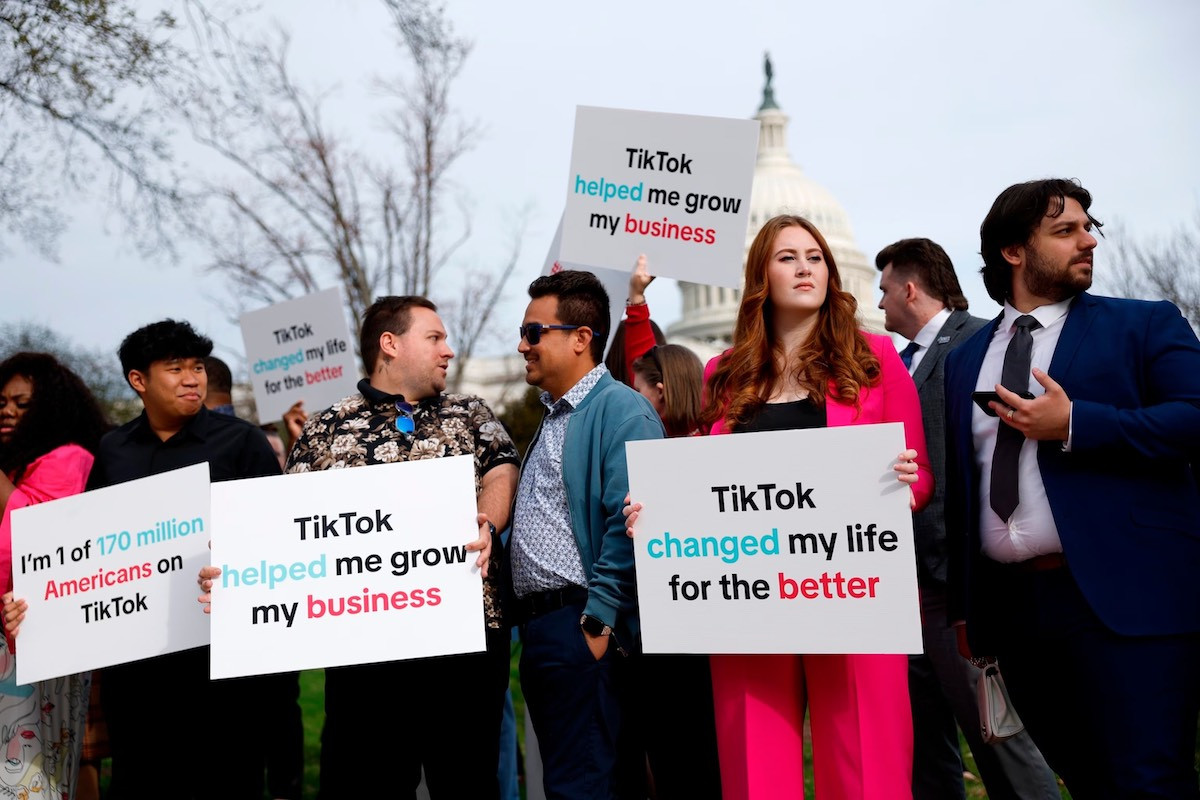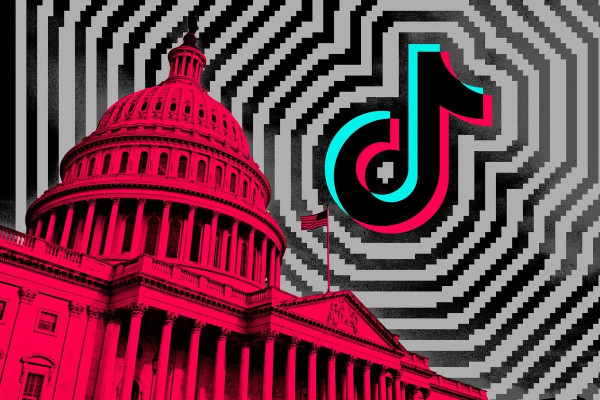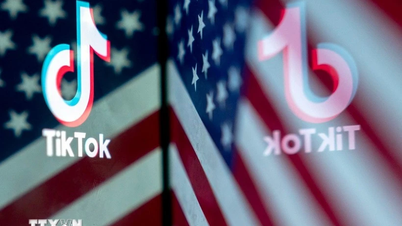HR 7521, also known as the “Protecting Americans from Adversary Nation-Controlled Apps Act,” if passed by the Senate, would allow the government to ban TikTok in the US unless its Chinese parent company ByteDance completely divests from the app within six months.
Polarization
A recent poll by the AP and the National Center for Public Affairs Research (NORC) found that 31% of U.S. adults support a ban on TikTok, while 35% oppose it. Among those who use the app daily, 73% oppose a ban.
“While we recognize the risks that adversary state-sponsored media campaigns pose, banning TikTok outright does not protect Americans from the misuse and exploitation of personal information that data brokers engage in every day in the United States,” said Rep. Sara Jacobs, a member of the House Armed Services and Foreign Affairs Committee.
Meanwhile, the bill also raises concerns about setting a precedent by requiring other social media platforms to change their share ownership.

TikTok, on the other hand, has been running a campaign to get users to call their congressmen’s offices to pressure them by displaying a message inside the app that Congress could “shut down” the company in the US. However, this move could backfire as it could be seen as a social network that has a big influence on user behavior.
For TikTok creators, the bill passed by the House of Representatives is more about politics than protecting Americans. While businesses could move to other platforms, a full ban on TikTok could have a devastating impact on other independent, emerging brands here.
TikTok is also being used by 2024 presidential candidates to reach young voters, but President Joe Biden has said he will sign the bill into law if it passes the Senate.
"Third time's the charm"?
This isn’t the first time US lawmakers have pushed for a ban on TikTok. Last year, they proposed the “Restrictions” bill, which would have allowed the government to ban technology from hostile countries.
Montana then approved a ban on the Chinese-origin short-video app, which was struck down by a federal judge as unconstitutional. In 2020, the judiciary also blocked the Trump administration’s executive order to ban TikTok.
More than half of US states have now banned the use of TikTok on government devices. According to a survey by the Pew Research Center, two-thirds of American teenagers use TikTok daily, of which 16% admit to being constantly online on the app.
The bill currently enjoys strong bipartisan support, with several Senate committee leaders giving it the green light after the House vote was announced.
“We are united on the national security concerns raised by TikTok, a platform that has the power to influence and divide Americans and is owned by a Chinese company. We hope to work together soon to bring the bill to the President for his signature,” said Senator Marco Rubio, vice chairman of the Senate Intelligence Committee.
Meanwhile, even if the Senate passes the bill, TikTok said it will take legal action before considering a sale, which could lead to a lengthy legal battle before the case is settled.
Next, who will sell it to and who will buy it is also a question. American companies with enough potential to buy ByteDance’s golden egg-laying platform, such as Meta, Google and Microsoft, are not sure to participate in the deal. Partly due to the sensitivity of the Biden administration’s aggressive control of the expansion of the “power” of technology giants.
Furthermore, ByteDance needs Beijing's permission to divest. Last year, the Chinese government said it would oppose such a forced sale.
(According to Wired, USAToday)

Source












































































































Comment (0)